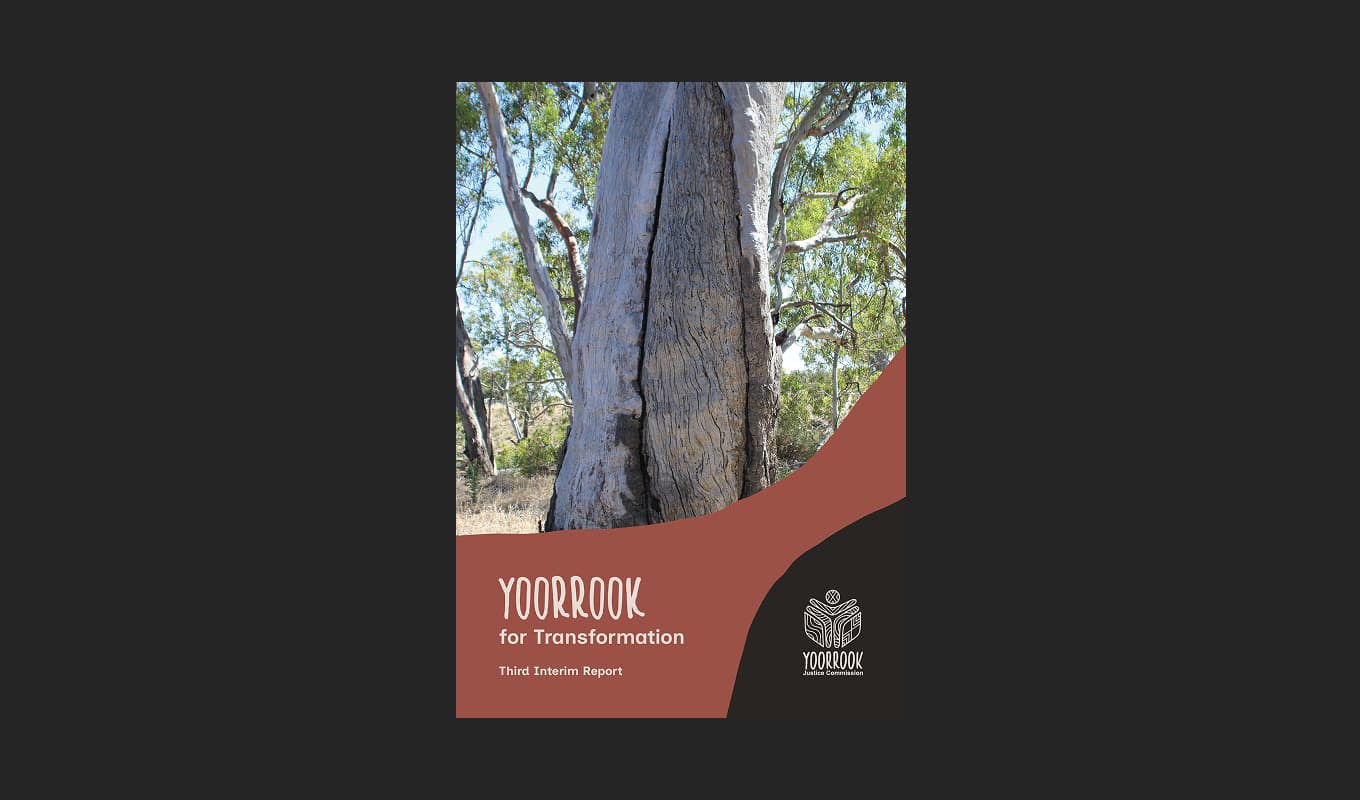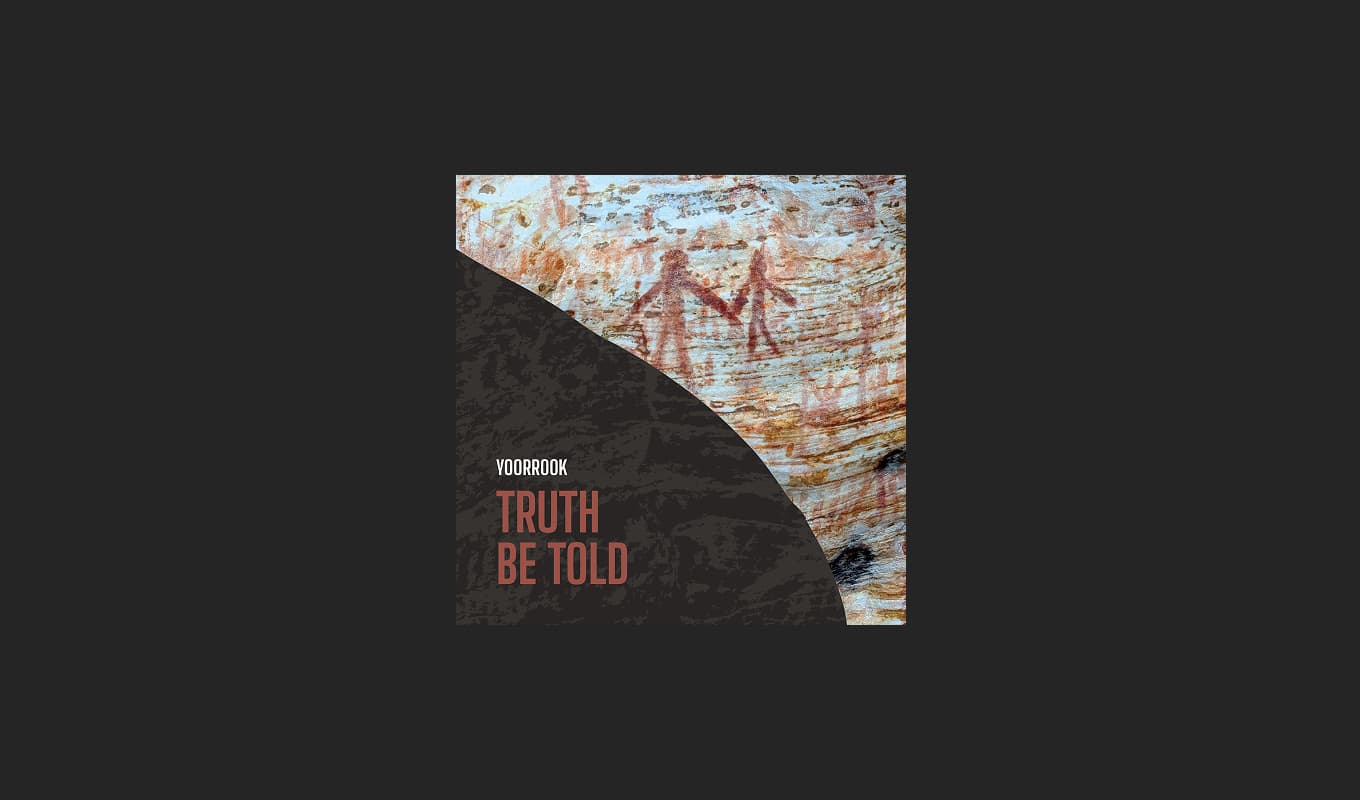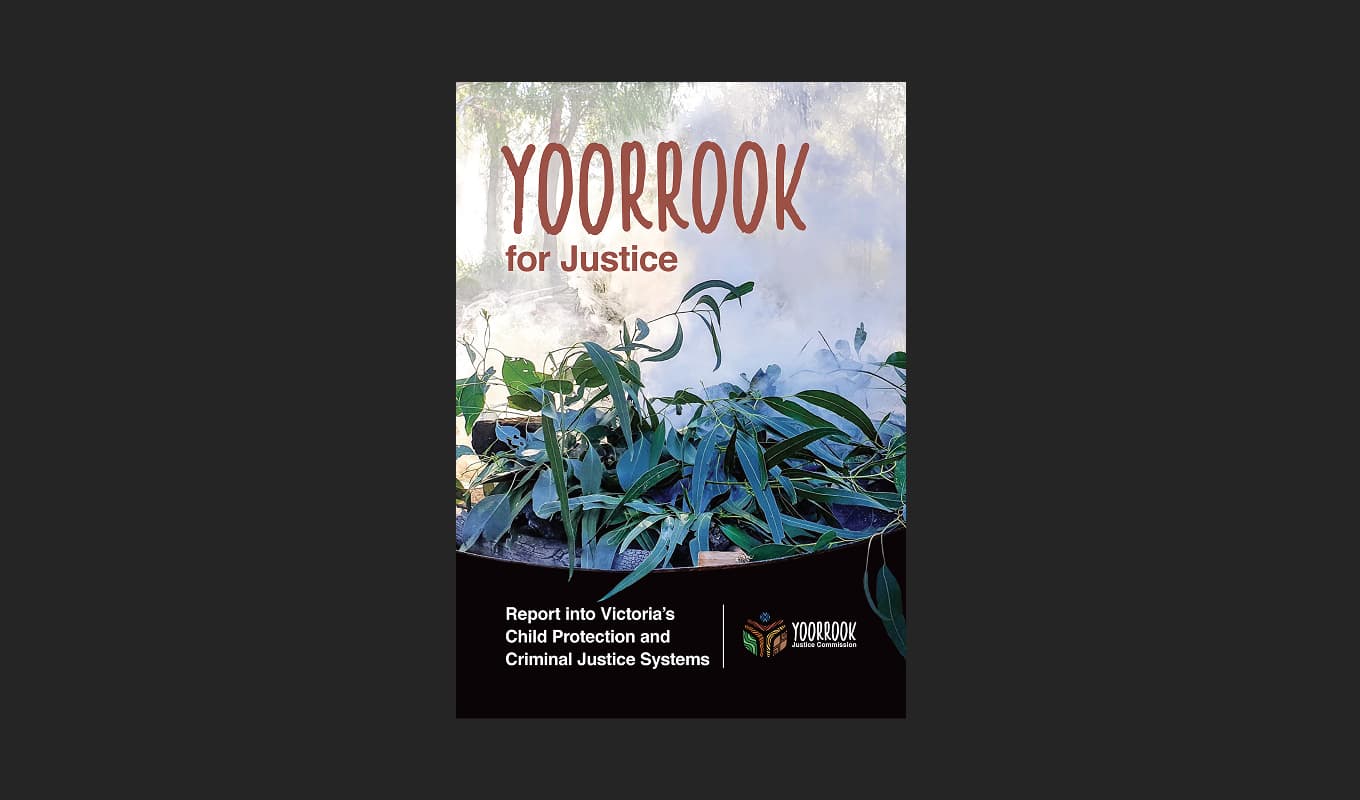Anonymous 1363
Anonymous 1363 discovered their Aboriginal heritage at nearly 60 years old after being adopted into a white settler life. They feel robbed of their culture and identity, and are now striving to reclaim their heritage while fighting against structural racism and advocating for Aboriginal-led initiatives.
Submission Transcription
I was adopted into a white settler life at two weeks of age, and didn’t find out about my Aboriginal heritage until I was almost 60 (and am white passing, although my adoptive sister and others often wondered to what extent I was Aboriginal). I have no paperwork connections to my people, but I found my birth family – unfortunately, a few years after my father had died, although my grandmother was still alive, but passed before I met her. In terms of how I feel, forget about that: I WAS robbed of my culture, identity, and connections, and I am struggling to establish those now – I don’t even know my skin names/moiety, but if I can get back up north I could probably find out what they are (or maybe through the ancestors I know of). How that leaves me feeling is disconnected and lost – although I’ve had a few other problems as well, and I have sought connection to country as best I can (even becoming a Pagan, decades ago).
I’m now ready to claim that heritage, whilst acknowledging I was robbed of my culture. I have fought for the human rights of many people from the time I stood up to a high school teacher in Queensland who was being a racist and abusing a more obviously Aboriginal student – and I am appalled at the blatant racism that is still seen in so many situations, although that is often dismissed by the racists because they are not aware of having consciously decided to be racist. On the other hand, seeing the work being done by the Commission has been inspiring – as has the work of allies I have had the privilege of knowing (including my partner). Overall, I am now feeling (living with) a mixture of disconnection, horror, and hope.
I want people to know that being robbed of identity is like losing a lung: it is crippling, but not obvious from the outside. I want people to know that racism is structural as well as personal, and resisting change is supporting racism (or whatever form of discrimination is being maintained). I want people to know that, as Theodore Parker put it in the 1950s, “The arc of the moral universe is long, but it bends toward justice” – and people people can be part of that RIGHT NOW, or forever on the wrong side of history. ( PS – I have made one previous submission, and emailed a poem)
This is a little like the old saying that a home is where, when you tell people to leave, they have to go: self-determination, for me, is when any Aboriginal person speaks up, they are genuinely listened to and respected. If that happens, rather than performative pretences, everything else will follow – set out by better minds than mine 🙂
I want to see the white colonialist structure/approaches/thinking of society changed to something that puts country (“environment”) and people first, and has profit and judgementalism about the worth/value of people/country being judged on a dollar value consigned to the dust bin of history. If that was the case, we wouldn’t have the climate crisis, the housing crises, the health crises, we wouldn’t have people in bureaucracies deciding they “know better” on the basis of what they’re familiar with. That, however, has to be achieved gradually, so, along the lines of nothing about us without us, Aboriginal-led initiatives everywhere – and a genuine commitment to restitution, and forms of identification based on Aboriginal thinking, not white paperwork.
Truth-teller consent
Contact us about this submission
Contact us if you’d like to discuss this submission.
Similar submissions
Explore submissions from other witnesses that discuss similar topics.
Viki Sinclair (Fowler)
Viki Sinclair is a direct descendant of one of the original settlers of Gippsland, Colin McLaren. In this submission, she tells her personal story of... more
Prof. Mark G. Brett
Prof. Mark G. Brett's paper, "Reinventing Waste Land as a Colonial Legal Fiction," explores the historical development of the concept of waste land fr... more
Barbary Clarke
Barbary Clarke and Jason Clarke, descendants of Alfred Deakin and William John Turner, also known as Big Clarke, discuss aspects of their family's his... more
Reports and Recommendations
Read the official reports and recommendations of the Yoorrook Justice Commission.

Yoorrook for Transformation
Third Interim Report: A five-volume comprehensive reform report presenting evidence and findings on systemic injustices, and specific recommendations for meaningful change to transform the future.

Truth Be Told
An official public record that documents First Peoples experiences since colonisation, preserves crucial testimonies for future generations and creates an enduring resource for education and understanding.

Recommendations for change
Yoorrook Justice Commission’s recommendations for truth-telling, justice, and systemic reform in Victoria.

